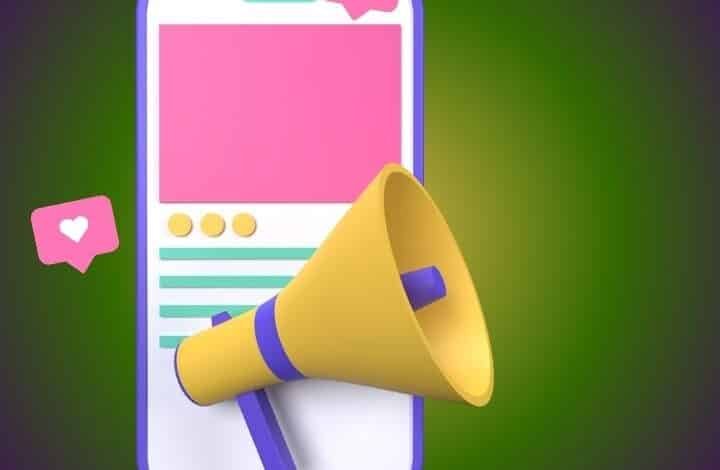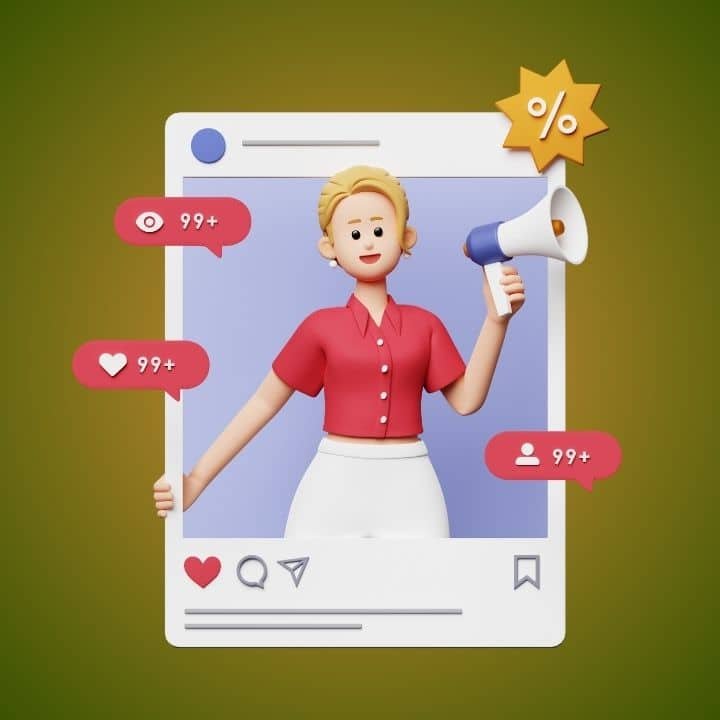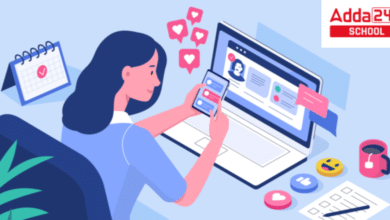The Impact of Social Media on Students | A Comprehensive Analysis
Impact of Social Media on Students

In today’s digital world, the impact of social media on students has become a hot topic of discussion. With platforms like Instagram, Facebook, TikTok, and Twitter becoming part of everyday life, students are among the most active users. While social media offers numerous benefits such as connectivity, access to information, and opportunities for learning, it also has its share of drawbacks. Understanding both the positive and negative impacts of social media on students is essential to navigate its use wisely. In this article, we will delve into how social media influences students, with a special focus on its effect on academic performance and well-being.
1. The Positive Impact of Social Media on Students
Before diving into the negative impacts of social media on students, it’s important to recognize the ways in which it can be beneficial.
-
Access to Information: Social media allows students to stay informed about the latest trends research, and educational resources. This easy access to a wealth of information can enrich their learning experience and support academic growth.
- Global Connectivity: Students can connect with peers, teachers, and experts worldwide. Social media provides platforms for exchanging ideas, participating in group discussions, and broadening horizons beyond geographical boundaries.
- Skill Development: Social media encourages creativity and innovation. Platforms like YouTube, Instagram, and TikTok offer students the opportunity to showcase their talents, learn new skills, and engage in entrepreneurial activities.
- Mental Health Support: Through social media, students can find communities and support groups to help cope with challenges, from academic stress to personal struggles.
Despite these benefits, the impact of social media on students is not all positive. The next sections will focus on the various challenges and how they affect different aspects of students’ lives, especially their academic performance.
2. Negative Impact of Social Media on Students
The negative impact of social media on students cannot be ignored. While the platforms provide numerous opportunities, they also create distractions and challenges that can be detrimental to students’ growth and well-being.
- Time Wastage and Procrastination: One of the most significant downsides is the time students spend on social media. Many students find it hard to resist the urge to scroll through their feeds, even during study hours. Excessive use leads to procrastination, preventing them from completing assignments and meeting academic deadlines.
- Cyberbullying and Mental Health Issues: Cyberbullying has become more common with the rise of social media. Many students face harassment, which can lead to mental health issues like anxiety, depression, and low self-esteem. This emotional turmoil can have a direct impact on students’ academic performance as they struggle to focus and engage in schoolwork.
- Distorted Reality and Pressure: Social media can create unrealistic expectations. Students often compare themselves to the curated images and lifestyles of their peers or influencers, which can result in feelings of inadequacy, affecting their confidence and overall mental health.

Impact of social media on students
These negative impacts of social media on students present significant challenges, but the issue becomes even more concerning when considering its direct effect on academic performance.
3. Impact of Social Media on the Academic Performance of Students
The impact of social media on the academic performance of students is one of the most debated subjects. While some students claim that social media helps them stay updated on school projects, others struggle with maintaining balance. Here are some key ways social media affects academic performance:
- Reduced Focus and Concentration: Continuous notifications and the temptation to check social media during study sessions reduce students’ focus and concentration. Multitasking between social media and academic tasks negatively impacts cognitive functioning and learning retention.
- Sleep Deprivation: Many students report staying up late to use social media, which affects their sleep patterns. Inadequate sleep can impair memory, lower concentration levels, and lead to poor academic performance.
- Distraction from Studies: The endless stream of entertainment on social media platforms leads to distractions, diverting students from their educational goals. As a result, many students fail to dedicate adequate time to their studies, leading to lower grades.
- Misinformation: Although social media provides access to a wide range of information, not all of it is accurate. Students who rely on unverified sources may fall victim to misinformation, which can have a negative effect on their academic work.
Balancing social media use with academic responsibilities is essential to avoid the negative effects and make the most of its benefits. Schools, educators, and parents must help students develop healthy habits and use social media responsibly.
Read more: What is Client-Side and Server-Side
4. Mitigating the Negative Impact of Social Media on Students
The impact of social media on students can be managed effectively with proper guidelines and self-discipline. Here are some strategies to mitigate its negative effects:
- Time Management: Encouraging students to allocate specific times for social media use can help them avoid distractions during study sessions. Apps that limit social media usage can be useful tools for maintaining discipline.
- Educating Students on Safe Practices: Schools and parents should educate students about the dangers of cyberbullying and how to protect themselves online. Building awareness will help students avoid situations that could negatively affect their mental health.
- Encouraging Productive Use: Rather than discouraging social media entirely, students should be guided on how to use it for academic purposes. Engaging in educational forums, participating in virtual study groups, and following educational content can be valuable uses of social media.
- Digital Detoxes: Regular breaks from social media, or “digital detoxes,” can be beneficial for mental health and academic productivity. By stepping away from the digital world periodically, students can regain focus and reduce feelings of anxiety or stress.
5. Conclusion
The impact of social media on students is multifaceted, offering both advantages and disadvantages. While it provides access to information, networking opportunities, and skill-building platforms, it can also contribute to procrastination, mental health issues, and academic decline. Striking a balance between productive use and avoiding the negative impacts of social media on students is crucial. Educators, parents, and students themselves must be mindful of how social media is integrated into daily life to maximize its benefits and minimize its drawbacks.




